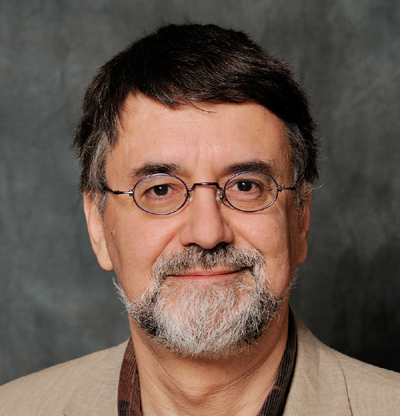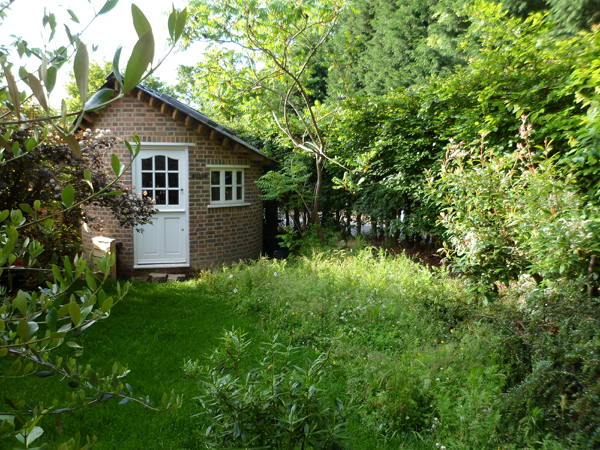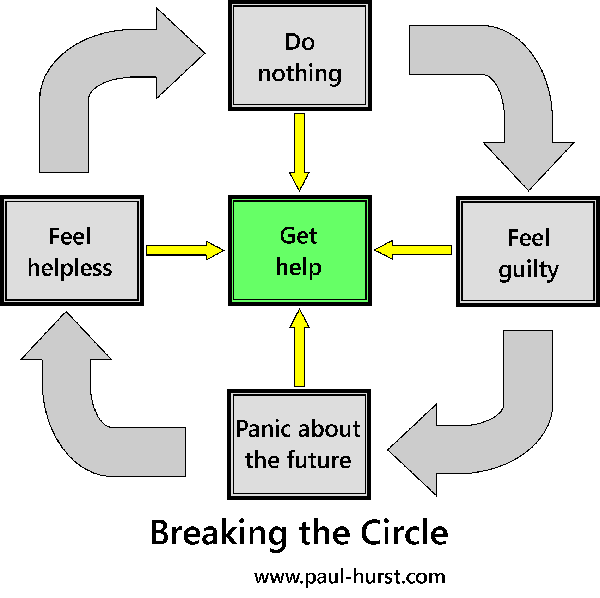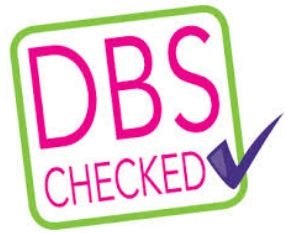Mental Health & Wellbeing

Hi, and welcome.
Anxiety, stress, depression, substance addiction, relationship and family issues - there are enough hassles already with modern living without having to tackle any these as well. We will go to a doctor or dentist for specialist advice, so why not see a therapist if any of these issues or other challenges are making your life a misery?
In a world of increasing pressures and stress we can all at times find ourselves being squeezed out. Perhaps 'setting ourselves on fire to keep others warm' - giving away so much of our time, energy and love to meet the needs of others that there is little or even nothing left to care for ourselves. Issues from the past can surface when we are at our weakest and least able to handle them.
Counselling and psychotherapy / psychological therapy can help us cope with many of the strains of modern life, including:
* Relational Issues
* Anxiety
* Anger Management
* Loss
* Grief
* Depression
* Change
* Separation
* Substance Use
* Age Related Issues
* Illness and Injury
What are the benefits?
If you are experiencing any of the problems above, or are suffering from dissatisfaction with life or loss of a sense of direction or purpose then please send an email or give me a call to find out how counselling and psychotherapy can help - whether coping with a problem you are facing now, or a past traumatic experience. If you are looking for someone to talk to, someone to listen to you then please read on.
I follow a Humanistic perspective both in my life and as a therapist - seeking to work with clients as equals in a non-judgemental way and believe that we have the potential to often achieve far more than we think possible.
Rather than seeking to fit you into a standardised and rigid pigeon holes, or 'slap a label' on you, my aim is to respect you as an individual with your own strengths, challenges and opportunities. Counselling and psychotherapy provide different ways of addressing personal issues and at different levels, your wishes and decisions will be respected regarding how we work together.
Free initial consultation
Deciding to see a counsellor / therapist can feel like a big step. To help break the ice and let you find out if you think we can work together, I offer an initial free half-hour telephone consultation. You may also find it easier to talk over embarrassing issues first over the ‘phone (or by email,) rather than face to face, and so we won’t be total strangers when we meet. Either way, you have nothing to lose in taking the next step in addressing the issues worrying you at present – call, text or email now to book the next available session.
What is involved in counselling and psychotherapy?
I integrate different therapeutic perspectives and methods, with a focus on 'what does this person need at this time' rather than believing that one size does not fit all. The method I trained in (Transactional Analysis) fosters an 'I'm ok, you're ok' equal relationship between client and therapist, where we work together to help you achieve your goal. You are fully entitled - and welcome - to see any notes, and to talk through as much (or as little) theory as you want. Transactional Analysis makes a point of using plain English to be as accessible as possible.
We meet in a safe, private and confidential setting to explore a difficulty you are having, distress you may be experiencing or may be a dissatisfaction with life, or loss of a sense of direction or purpose. You set the agenda, whether it be a problem you are facing now, or a traumatic experience in your past.
You can expect me to be attentive, respectful and non-judgemental, focused on you, honest and discreet. I also have full DBS (Disclosure and Barring Service) clearance and appropriate third party insurance (details on web site.)
Any initial conversation by telephone or email is completely without obligation, please feel free to ask me about anything that concerns you, including my training, qualifications, experience or background - I won't be offended and am happy to answer any relevant question, or explain why if I'm unable to respond.
If you would like to know more about what is involved, click here.
How long will it take?
That depends on what you want to change. Sometimes a single session is all it takes to help someone resolve an issue that has been troubling them. A problem may be like a log jam - seemingly an unsolvable mess, but once the source of the blockage is located then it becomes possible to quickly find a solution. Research (citations available) suggests that the act of making contact with a therapist starts a chain of events and behaviours in motion that will help solve a difficulty.
Issues such as trauma in early life will probably involve long term work however, proceeding gently and sensitively. On average, clients usually find they can gain what they want after only a handful of sessions. I'm happy to be available for later meetings, even 'one-offs' if they are needed later. Rather like an osteopath or chiropractor, I'm happy to be a professional available for you to call on as and when you need to.
Where can we meet?

You are normally welcome to come to my warm, quiet and private garden office (between Brenchley and Horsmonden).
Since the Covid 19 pandemic, I have also been working on line by telephone, or with Zoom, Skype, Google Meet or Vsee video sessions and will continue to offer this alternative in the future.
Why now?
To date, no client has had expressed any regrets about coming although some have said how they wished they could have resolved their issues earlier.

As Woody Allen’s friend in Manhattan said to him about therapy,
“The worst thing that can happen is you can learn something about yourself.”
To find out more contact me so we can discuss working together - I can also offer details of colleagues who specialise in particular fields of work if they could be more suitable for you.
It’s good to talk.
Paul Hurst
BSc (Hons) Psych, MA, Dip TA Practice


